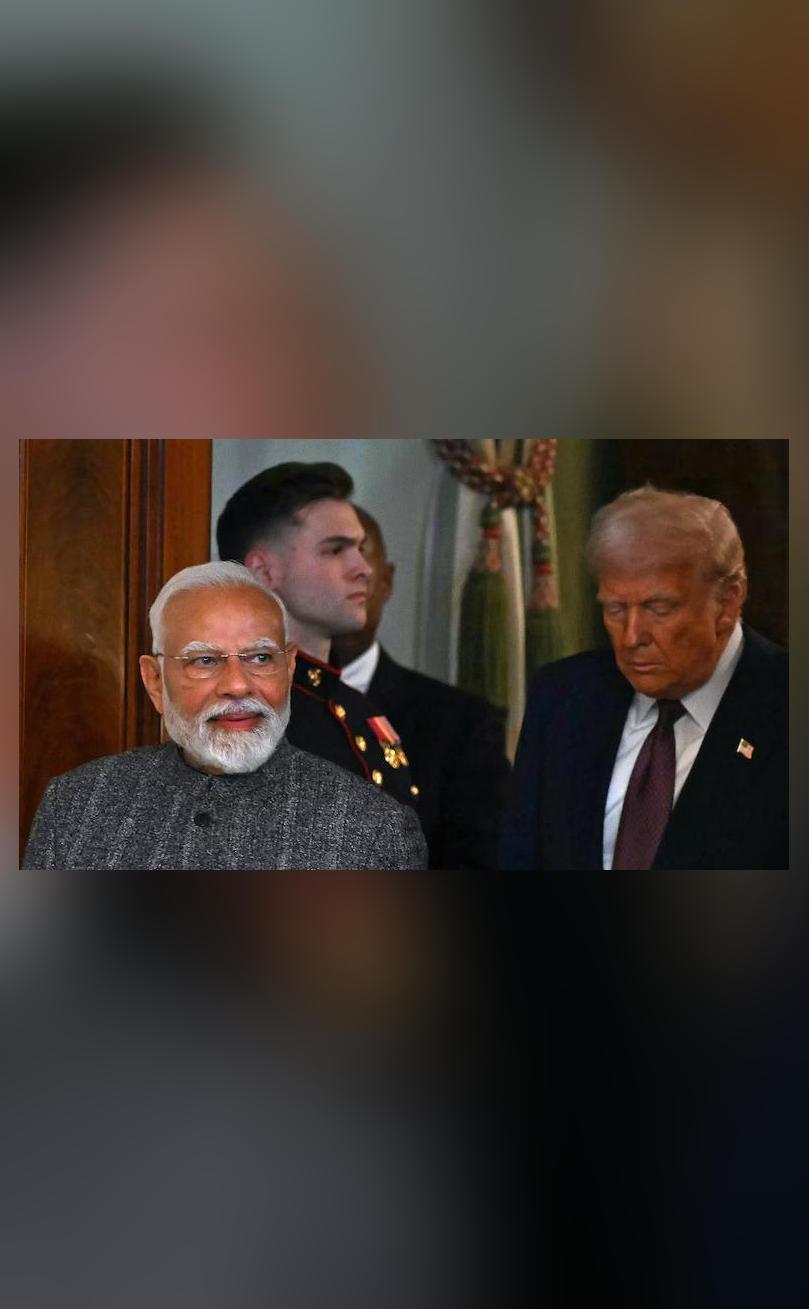
Trump’s Tariffs Can Push India Closer to Russia & China: Ex-US NSA
In a recent development that has sent shockwaves across the global diplomatic spectrum, former US National Security Advisor John Bolton has expressed his concerns over President Donald Trump’s decision to impose 50% tariffs on India. Bolton, a stalwart of the Republican Party, has warned that Trump’s “heavy-handed” tariffs on India could have far-reaching consequences, potentially pushing New Delhi closer to Russia and China.
The news broke on June 20th, when Trump announced that the US would be imposing tariffs on over $5.6 billion worth of Indian goods, citing concerns over India’s trade practices and intellectual property rights. The move has been met with widespread criticism from both within the US and abroad, with many experts warning of the potential for trade wars and economic instability.
However, Bolton’s comments take the criticism to a whole new level. In an interview with News18, Bolton emphasized that Trump’s tariffs could be a significant setback for US-India relations, which have been built over decades of cooperation and trust. “Trump’s heavy-handed tariffs on India jeopardise decades of American efforts to bring India away from Russia and China,” he said.
Bolton’s comments are particularly noteworthy given his extensive experience in US foreign policy. As the former US National Security Advisor, he played a key role in shaping the country’s global strategy and negotiating deals with foreign leaders. His warning is a stark reminder that Trump’s tariffs could have unforeseen consequences, potentially destabilizing the delicate balance of power in the Asia-Pacific region.
So, what exactly are the implications of Trump’s tariffs on India? To understand the issue, it’s necessary to delve into the complexities of US-India trade relations.
The US-India Trade Relationship
The United States and India have been negotiating a comprehensive trade deal for years, with the aim of increasing trade and investment between the two countries. The deal, known as the US-India Trade Policy Forum, has been stalled since 2018, with both sides failing to reach an agreement.
Despite this, the US and India have maintained a strong partnership, with the US being one of India’s largest trading partners. In 2019, bilateral trade between the two countries stood at over $142 billion, with the US being India’s largest export market.
However, the relationship has been strained in recent years, with the US imposing tariffs on Indian goods such as steel and aluminum, citing national security concerns. India has retaliated with its own set of tariffs on US goods, including agricultural products and electronics.
The Impact of Trump’s Tariffs
So, what exactly are the implications of Trump’s tariffs on India? The answer is complex, but fundamentally, it boils down to one thing: trust.
By imposing tariffs on India, Trump has sent a clear message that the US is willing to use its economic muscle to get what it wants. While this approach may have worked in the past, it’s likely to backfire this time around. India, like many other countries, has been seeking greater economic cooperation with the US, but Trump’s tariffs have created a climate of mistrust and uncertainty.
Furthermore, the tariffs are likely to hurt US businesses and consumers, particularly in the agricultural sector. India is a major market for US farm products, and the tariffs are likely to increase the cost of these products for Indian consumers. This could have significant implications for US farmers, who are already struggling to make ends meet.
The Russia-China Connection
Bolton’s warning that Trump’s tariffs could push India closer to Russia and China is also worth exploring. India has traditionally been wary of getting too close to either country, given their complex histories and rivalries. However, in recent years, India has been seeking greater cooperation with both Russia and China, particularly in areas such as defense and technology.
India has been looking to Russia to upgrade its military capabilities, particularly in the wake of the Balakot airstrikes in 2019. Meanwhile, India has also been seeking cooperation with China on issues such as trade and infrastructure development.
If Trump’s tariffs continue to escalate, it’s likely that India will seek closer ties with Russia and China, particularly in areas such as trade and finance. This could have significant implications for the global economy, potentially leading to a shift in the balance of power in the Asia-Pacific region.
Conclusion
In conclusion, Trump’s tariffs on India are a complex issue with far-reaching implications. While the US may see the tariffs as a way to protect its economic interests, they could ultimately backfire and push India closer to Russia and China.
As Bolton warned, Trump’s heavy-handed tariffs on India jeopardise decades of American efforts to bring India away from Russia and China. It’s essential that the US and India engage in meaningful dialogue to resolve their differences and find a way forward.
In the meantime, it’s worth remembering that the global economy is a delicate and interconnected web. Trump’s tariffs may seem like a blunt instrument, but they could have significant and unpredictable consequences for the world economy.
Source:






